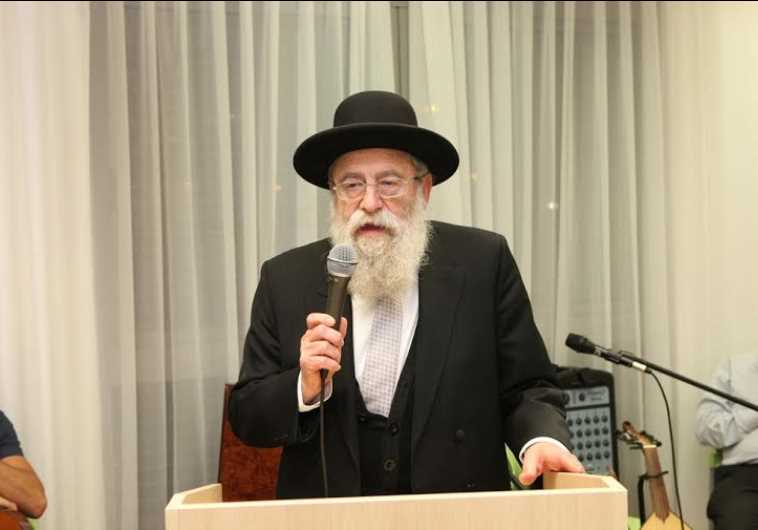Religious affairs: ‘The Torah will emanate out of Zion’
Jerusalem’s chief rabbi, Aryeh Stern affirms the importance of Zionist rabbis, and details city reforms he’s seeking to implement.
 Chief Rabbi of Jerusalem Rabbi Arye Stern at Independence Day dinner, April 22, 2015(photo credit: SHLOMI COHEN)
Chief Rabbi of Jerusalem Rabbi Arye Stern at Independence Day dinner, April 22, 2015(photo credit: SHLOMI COHEN)